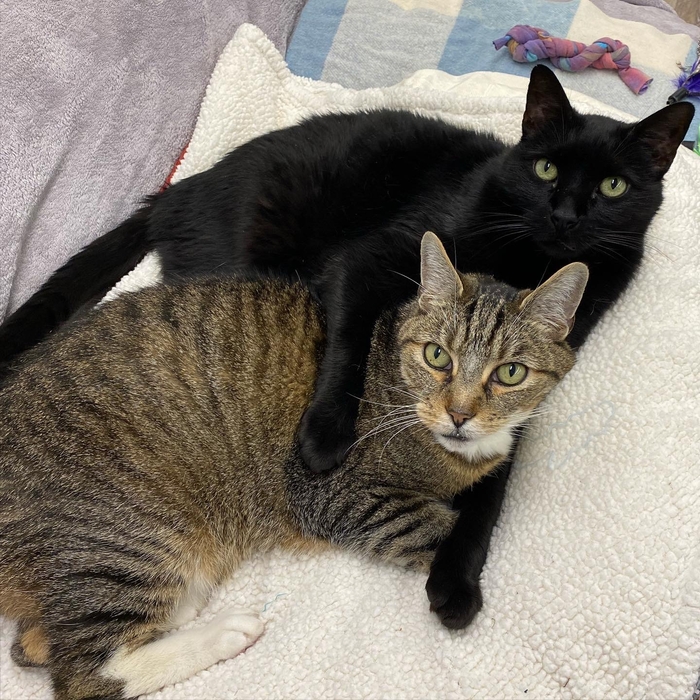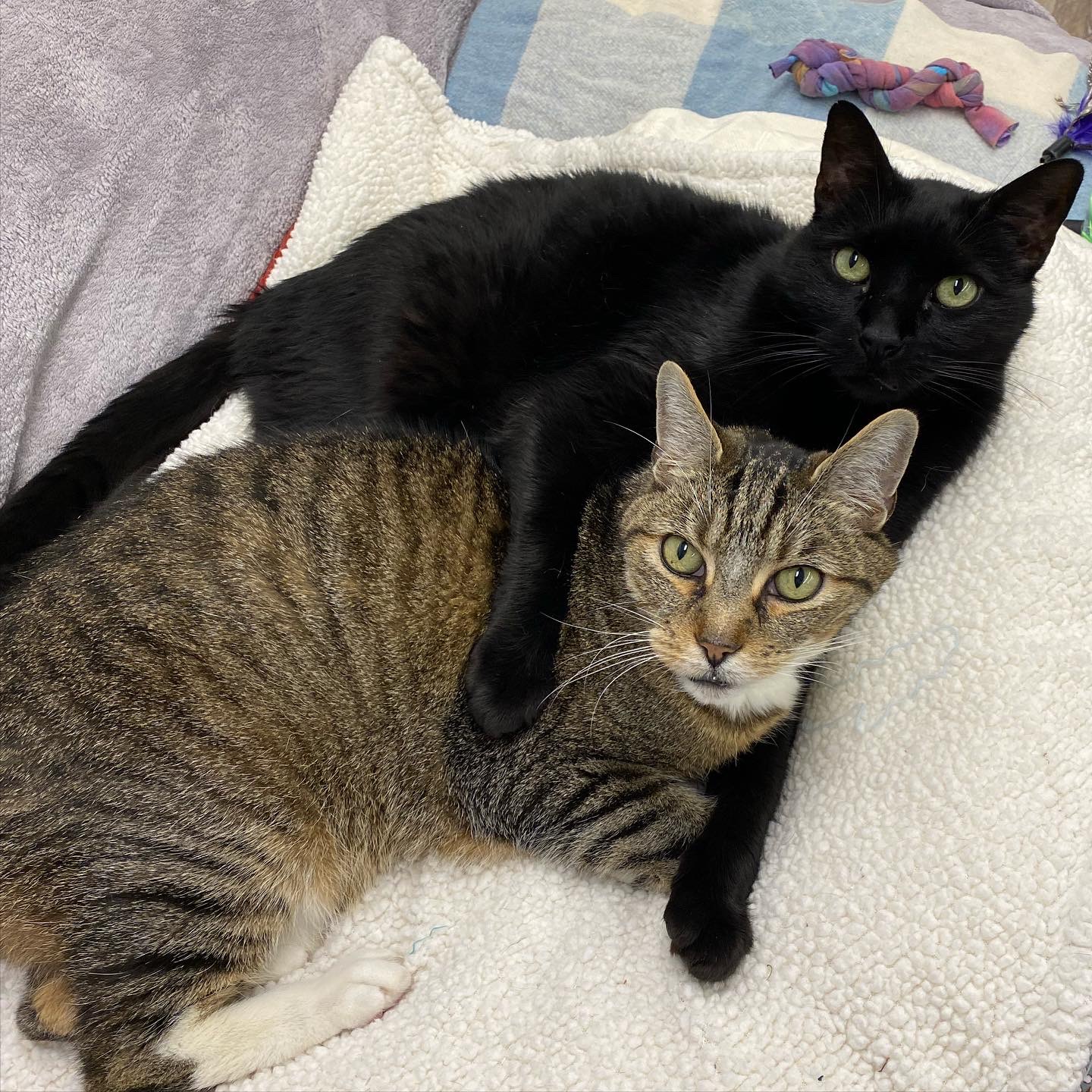Blog
Feline Immunodeficiency Virus: Busting the Myths


Feline Immunodeficiency Virus: Busting the Myths
By Jeffrey Richard, Jameson Humane Volunteer
Has your cat tested positive for FIV? Or are you thinking about adopting an FIV-positive kitty? Fear not!
The name alone, Feline Immunodeficiency Virus, sounds scary and foreboding. And in the past, cats who tested positive for the virus were often euthanized based on the mistaken belief that they could not lead normal lives and might spread the virus to other pets. The myths that have developed about FIV are widespread.
MYTH: One unfounded but oft-repeated myth about FIV is that a cat can spread FIV simply by living with other cats, sharing water bowls or engaging in mutual grooming and cleaning behavior. That is simply not true. According to FIV Cat Rescue (www.fivcatresue.org), cats who test positive for FIV are “positively adoptable.” FIV is transmitted to other animals only through deep, blood-drawing bite wounds. As long as the household pets are socialized and get along with each other, the risks of infection spread are minimal.
MYTH: Many also believe that FIV-positive cats will become ill and die at a young age. Again, untrue. FIV Cat Rescue informs that FIV-positive cats do not have a higher incidence of illness than other cats and enjoy the same lifespan as other cats. This fact is echoed by the Feline Health Center of Cornell University website, which cites studies conducted about the effects of FIV. Even though FIV-positive cats will eventually suffer from immune deficiency, most cats with FIV “live average life spans, as long as they are not also infected with feline leukemia virus.” (https://www.vet.cornell.edu/departments-centers-and-institutes/cornell-feline-health-center/health-information/feline-health-topics/feline-immunodeficiency-virus-fiv). On the question of whether FIV is likely to be spread to other pets, Cornell concludes: “Casual, non-aggressive contact, such as sharing water bowls or mutual grooming, does not appear to be an efficient route of spreading the virus. As a result, cats in households with stable social structures where housemates do not fight are at little risk of acquiring FIV infections.”
Symptoms and Care for a Cat With FIV
The FIV virus can move slowly in a cat's system and a cat may go years without showing symptoms. And even when a cat starts showing signs of illness, bouts of illness may be followed by long periods of apparent good health. According to the WebMD page exploring the facts about FIV, although there is no cure for FIV, “It is a good idea to take your cat in for a vet exam if they start showing any of the following FIV symptoms:”
- Poor coat condition
- A fever that keeps coming back
- Loss of appetite
- Inflammation in the mouth and gums
- Chronic or recurrent infections in the eyes, skin, upper respiratory tract, or bladder
- Constant diarrhea
- Persistent eye problems
- Seizures
- Slow but steady weight loss
- Behavioral changes
The PetMD website indicates that veterinary care for FIV-positive cats focuses on treatment and prevention of any secondary infections or diseases that might affect an FIV-positive cat more than they would other cats.Care should be taken to avoid use of any immunosuppressive drugs or steroids. To keep an FIV-positive cat in good health, owners should administer routine parasite control, provide a complete and balanced diet, and visit the veterinarian every six months for routine exams and bloodwork.
